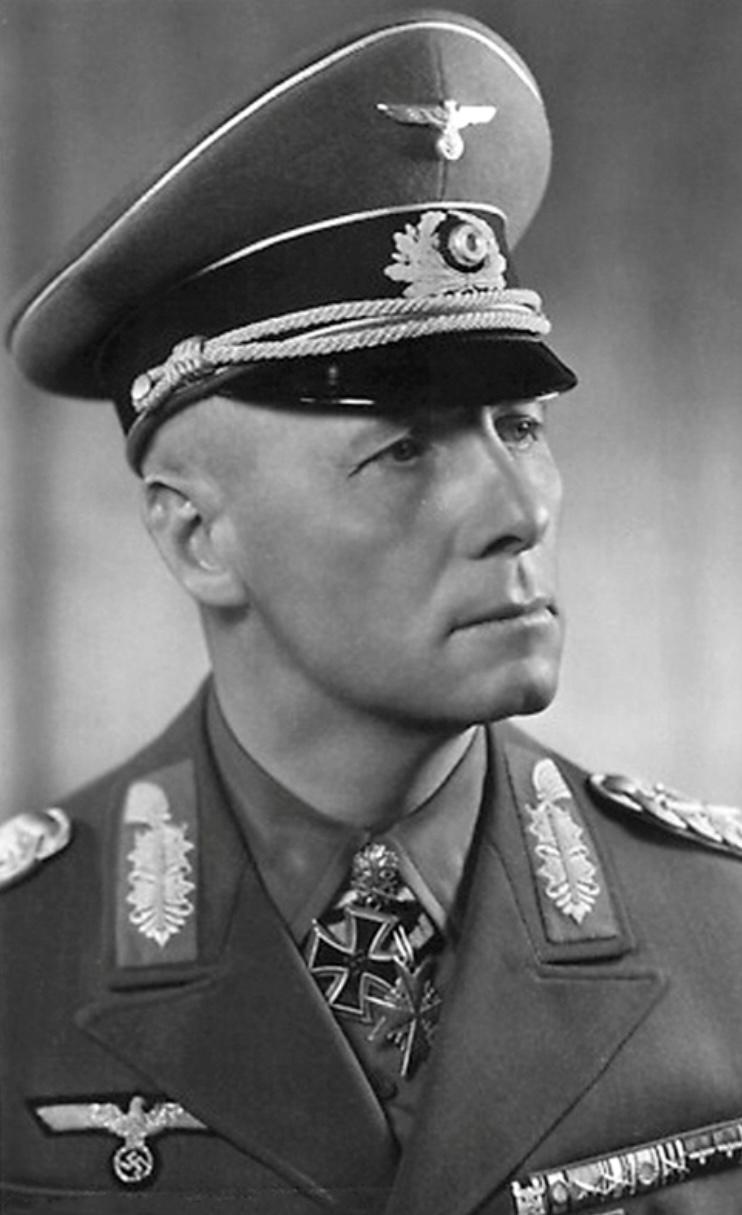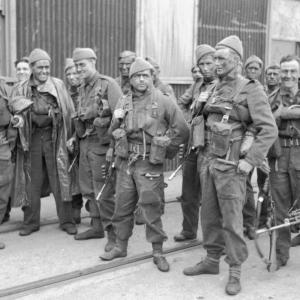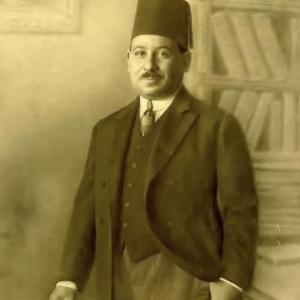
General Rommel
Erwin Johannes Eugen Rommel was born on November 15, 1891, in Heidenheim, Germany. From a young age, he showed a strong interest in the military, inspired by the tradition of the Prussian military ethos. He joined the German Army in 1910 as a cadet and quickly demonstrated his tactical skill and leadership abilities.
During World War I, Rommel served mainly on the Western Front. His bravery and innovative tactics, especially in trench warfare and stormtrooper assaults, earned him rapid promotions and the prestigious Pour le Mérite, the highest Prussian military order. He was known for leading from the front, often fighting alongside his men rather than commanding from a distance. These experiences shaped his later approach to mobile warfare and combined arms tactics.
After the war, Germany’s military was restricted by the Treaty of Versailles, but Rommel remained in the downsized Reichswehr during the Weimar Republic. During this period, he continued to study military tactics and became an instructor at the military academy, influencing the next generation of officers.
Rommel also wrote a book titled Infanterie Greift An ("Infantry Attacks") in 1937, which detailed his World War I experiences and offered insights into modern mobile warfare. The book gained widespread acclaim and helped establish him as a leading military thinker.
With the rise of Adolf Hitler and the Nazi regime, Germany began rearming. Rommel was appointed commander of the 7th Panzer Division at the start of World War II.
Rommel first gained international fame during the invasion of France in 1940. Commanding the 7th Panzer Division, his forces played a key role in breaking through French defenses, using fast, coordinated attacks involving tanks, infantry, and air support, a method later called Blitzkrieg. His division was nicknamed the “Ghost Division” because of its rapid advances and ability to appear unexpectedly.
In 1941, Rommel was sent to North Africa to command the Afrika Korps and support struggling Italian forces against the British. This campaign solidified his legendary status. Rommel showed exceptional skill in desert warfare, quickly adapting to the harsh environment and commanding his forces with bold, aggressive maneuvers. His tactical brilliance earned him the nickname “Desert Fox.” Despite being often outnumbered and facing supply challenges, Rommel achieved several notable victories, including the capture of Tobruk in 1942. His ability to inspire his troops and exploit enemy weaknesses became hallmarks of his command.
However, the tide began to turn with the arrival of larger Allied forces and improved supply lines for the British and later Americans. After the defeat at the Second Battle of El Alamein in late 1942, Rommel was forced to retreat westward across North Africa. The campaign ended in defeat with the Axis surrender in Tunisia in May 1943.
Rommel was then recalled to Europe and given command of Army Group B to prepare for the defense of Western Europe against the expected Allied invasion. He was heavily involved in fortifying the Atlantic Wall, a massive coastal defense system stretching from Norway to the French coast.
Rommel believed that the best way to repel an invasion was to defeat the Allies on the beaches rather than fighting inland, advocating for mobile reserves and aggressive counterattacks. However, his ideas often clashed with other German commanders who favored a more static defense.
Rommel’s later years were marked by growing disillusionment with Hitler and the Nazi regime. Although he was not directly involved in the July 20, 1944, assassination attempt on Hitler, he was implicated by association because of his critical stance toward Hitler’s leadership.
In October 1944, Rommel was given a grim choice by the Nazi leadership: face a public trial for treason, which would likely result in execution and reprisals against his family, or commit suicide quietly. To protect his family and comrades, Rommel took poison on October 14, 1944. The Nazi regime announced that he had died of war wounds and honored him with a state funeral.










